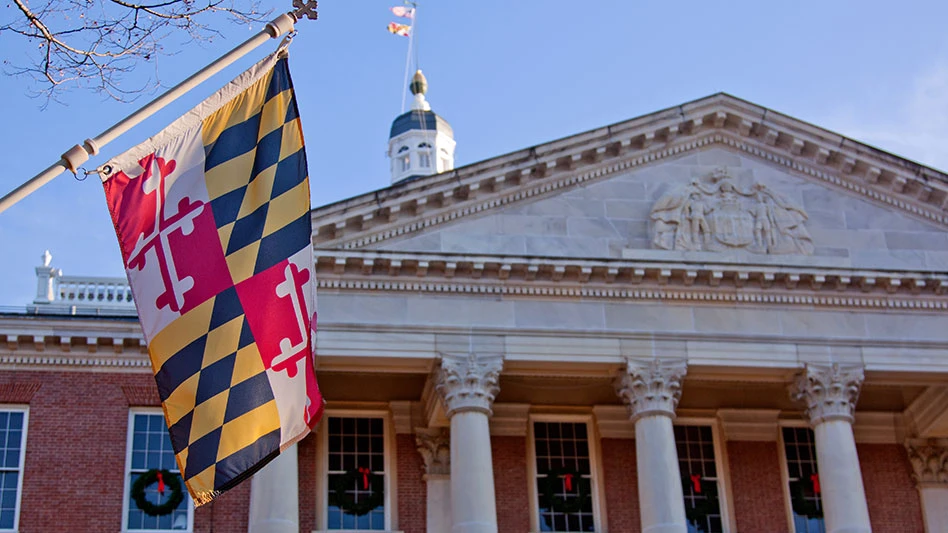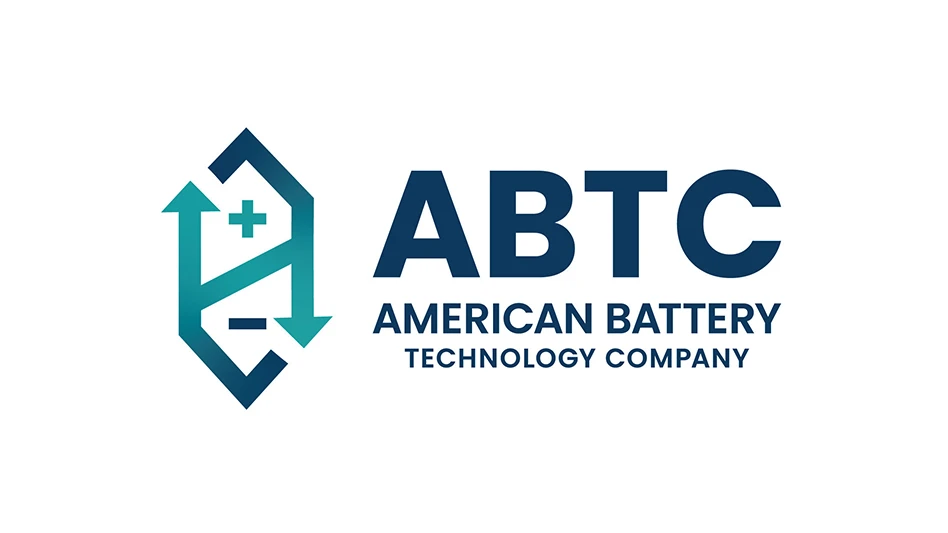Single-stream recycling may still have its naysayers, but for TFC (Tidewater Fibre Corp.) Recycling, it may have one of its greatest champions. The Chesapeake, Va.-based recycling company is a strong supporter of single-stream collection as a means to encourage more residential participation in recycling programs, boosting material volume for the industry as a whole. And, with an equipment upgrade of around $11.5 million, the company has shown it’s prepared to invest in making sure the single-stream theory works efficiently and profitably in practice, according to Executive Vice President Mike Benedetto.
Since the Bollegraaf system from Van Dyk Baler Corp., Stamford, Conn., came online in the fall of 2006, Benedetto says TFC has seen an impressive boost in production numbers, adding that the material defies the lingering perception that some people have of single-stream material as being less clean than material from dual-stream collection programs. "The quality of the material is superior to the dual-stream system," Benedetto says.
DOUBLE VISION. The new system at TFC actually replaced the company’s previous Bollegraaf system, which the company installed in 2001. That system processed about 20 ton per hour, Benedetto says, and had no optical sorting component.
However, TFC needed to boost its productivity to match the recycling commitment of the communities that feed it. TFC processes material from Chesapeake, Norfolk and Virginia Beach, and Benedetto has high praise for the communities’ participation in their recycling programs. "As for the area where we operate, the Chesapeake area, we have a good group of environmental localities," he says. Some communities currently using smaller 18-gallon containers are looking to make the switch to larger containers, which should also bring an additional influx of recyclables to TFC.
The new system has doubled the production while cutting some operations costs, according to Benedetto. It is designed to process about 40 tons per hour with 20 employees. "This compares very favorably with our previous system, which allowed us to process 20 tons of recyclables per hour with 40 employees—big savings with double the output of the old system with half the employees," he says.
The transition from old to new was also smooth, Benedetto says. While the new system was being installed, TFC remained up and running, as the equipment allowed it to continue processing, though at a a rate of about 10-12 tons per hour.
SORTING IT OUT. TFC handles mostly curbside material—more than 90 percent residential, says Benedetto, and when it arrives at the facility, it is dumped on a tipping floor. From there, it’s loaded into a drum feeder, which Bendetto describes as similar to a big roll-off container with a moving floor on the bottom that helps move the material evenly.
From there, an incline conveyor takes the material to a pre-sort station, where the non-recyclable material is removed from the rest of the stream.
Material is then screened for small items such as broken glass. Old corrugated containers (OCC) are sorted mechanically by an OCC screen designed to grab large items. Smaller items, like old newspapers (ONP), bottles and cans, fall through the screens and then travel along two parallel belts, where any lingering non-recyclable material and brown paper is removed.
|
TFC Sponsors Recycle Fest |
|
Christopher Newport University of Newport News, Va., and TFC Recycling of Chesapeake, Va., partnered to expand the university’s recycling program with a five-day Recycle Fest event from Monday, Jan. 29, through Friday, Feb. 2. Throughout the week, clubs and organizations signed up to volunteer to help make students and faculty of the university aware of the importance of recycling. The highlight of events Friday, Feb. 2, was "Represent with Recyclables," a sculpting competition using recyclable materials. Students from 11 clubs and organizations sculpted creations on site from 11 a.m. to 2 p.m. TFC recycling awarded cash prizes to the event’s first, second and third place winners. Representatives from TFC Recycling, the city of Newport News and The Virginia Loving Museum took part in the event. TFC Recycling initiated its Green Team partnerships with the Virginia Beach City Public Schools in 2006, placing recycling bins in every classroom. "We are very pleased to be partnering with CNU to expand its recycling, campus wide with such enthusiasm and purpose demonstrated by the students," says Michael Benedetto, vice president of TFC Recycling. More information about TFC is available at www.tfcrecycling.com. |
Material then passes by a set of magnets and additional optical sorters. Ferrous magnets and an eddy current separator pull out steel and aluminum cans, while optical sorters kick out the plastic bottles.
The optical sorters have made a huge difference when it comes to the amount of plastic TFC Recycling is able to recover, Benedetto says. He says many school districts in the area are switching from traditional paperboard milk cartons to a No. 2 HDPE milk container. These are small—only about 8 or 10 ounces—but schools buy hundreds of thousands, which then end up in the company’s incoming material stream. "Imagine some 900,000 of those going by on a conveyor—it would be impossible for a person to get them all," Benedetto says.
"The optical sorters help us increase the recovery of plastic bottles—they do a much better job than a human ever could," he adds.
Benedetto adds that achieving such high levels of productivity is not only important for bolstering TFC’s bottom line, but also for encouraging recycling in the community.
"When people put their recyclables into a container, they want to make sure it gets recycled," he says. "We’re able to recapture more of the recyclable material [with the optical sorters] than we could with human labor."
In addition to cutting down on labor, the new system also processes material more quickly, according to Benedetto. "When we were running the system with our older equipment, we would be running a longer day and we didn’t get all the tonnage we wanted," he says. "However, with the new system, we can handle more material and process in much less time."
The two lines provide a dual benefit, according to Benedetto. "With the old method, if there was a hiccup in the system and we had to take the machines down [and] we got really backed up," he says. "However, with the larger operation, we can take a line off and still run the second line. It gives us more flexibility."
With this new sorting system in place at TFC Recycling’s Chesapeake MRF, Benedetto says he remains strong in his commitment to single-stream recycling, a concept the company backed early in its introduction.
A SINGLE–STREAM SUCCESS. TFC Recycling is proud of its status as one of the earliest adopters of single-stream recycling. The company has been handling curbside recyclable materials since the ’80s and switched to single stream in 1997, Benedetto says.
"My philosophy is that the way recycling is going to succeed is by being cost-effective," he says. On one hand, he says, an increasing number of companies are interested in recycling because of the growing popularity of being "green" and doing right by the environment. "On the other side of the equation is that recycling needs to be cost effective," Benedetto adds. "And single stream makes that system more cost effective than dual stream."
The ultimate goal of single-steam programs, Benedetto says, is to make it less expensive to collect a ton of recyclables compared to a ton of trash.
Benedetto says TFC is living proof that with the right system in place, recyclers can deliver quality material derived from single-stream curbside collection programs to mills.
"You can get the quality you need if you have the right equipment," Benedetto says.
Senior and Internet editor Dan Sandoval and associate editor Jackie Gubeno contributed to this feature. They can be contacted at dsandoval@gie.net and jgubeno@gie.net, respectively.
Get curated news on YOUR industry.
Enter your email to receive our newsletters.

Explore the June 2007 Issue
Check out more from this issue and find your next story to read.
Latest from Recycling Today
- Circular by Shapiro releases "5 for Five" sustainability series
- Graphic Packaging set to close Ohio CRB facility
- Ameripen voices support for Maryland EPR bill
- Matalco to close Canton, Ohio, plant
- Maryland county expands curbside recycling to include electronics
- California EPS ban will be enforced
- YKK AP America introduces BetterBillet
- Fresh Perspective: Cameron Keefe






